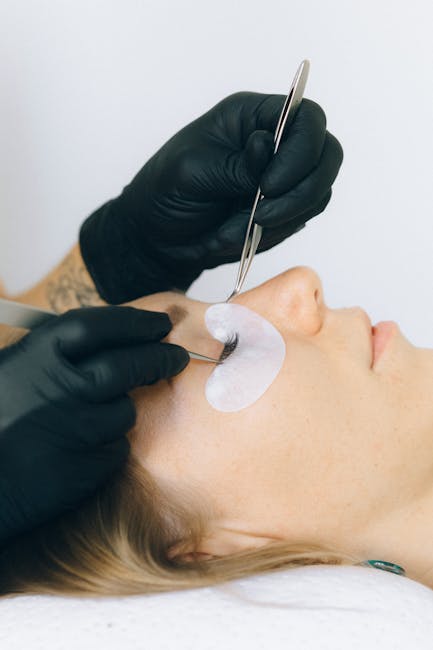 Understanding the Role of an Esthetician: A Gateway to Skincare Expertise
Understanding the Role of an Esthetician: A Gateway to Skincare Expertise
The skincare industry is rapidly growing, and alongside it, the role of estheticians has become increasingly significant. An esthetician is a trained professional who specializes in skincare treatments that enhance the health and appearance of the skin. From facials and chemical peels to waxing and makeup application, estheticians are well-versed in a plethora of techniques and products that can help individuals achieve their ideal skin. This article explores the various aspects of being an esthetician, the importance of skincare, and how to become one.
One of the primary responsibilities of an esthetician is to assess and analyze a client’s skin type, condition, and concerns. This evaluation allows estheticians to create customized treatment plans that target specific issues such as acne, hyperpigmentation, or aging. Furthermore, estheticians often educate clients on proper skincare routines and product usage, equipping them with the tools needed to maintain healthy skin at home. Their expertise not only promotes physical beauty but also boosts clients’ confidence and mental well-being.
Estheticians typically work in spas, salons, or dermatology clinics, and their daily tasks can widely vary depending on their specialization. They may provide various services, including facials, exfoliation, and skin hydration treatments, or perform hair removal services like waxing and threading. Moreover, many estheticians are also trained to apply makeup and provide professional advice on makeup products, further diversifying their skill set. The demand for estheticians is on the rise, making this career an attractive option for those interested in beauty and wellness.
To become a licensed esthetician, individuals are required to complete a state-approved training program, which often includes both theoretical knowledge and hands-on practice. Courses typically cover skin anatomy, product chemistry, sanitation, and various techniques in skincare. After completing the required hours, aspiring estheticians must pass a licensing examination to practice legally. Continuous education is also vital in this field, as trends and products change rapidly, and staying updated ensures the highest quality care for clients.
In conclusion, the profession of an esthetician is essential in promoting skincare health and enhancing individual beauty. By understanding the diverse services offered and the training required, individuals can better appreciate the contributions estheticians make to the industry. Whether you’re considering a career as an esthetician or simply seeking to improve your skincare routine, the expertise of an esthetician can be invaluable in achieving desired results and maintaining glowing, healthy skin.